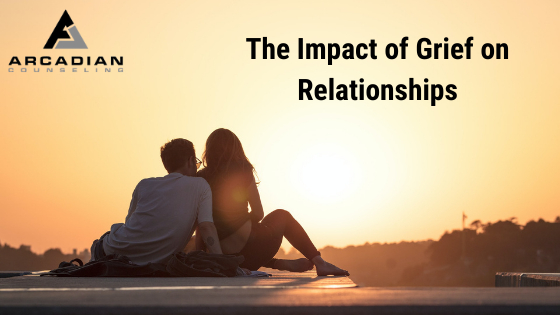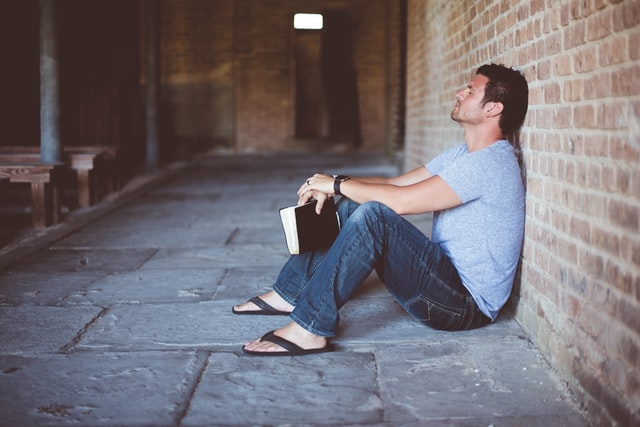Experiencing the death of a loved one, and dealing with the resulting grief, can be one of the most painful things we face during our lifetime. The shock of someone you love passing away, along with the facing the finality of their death can be extremely difficult to deal with for many people.
Everyone grieves differently
The process of grieving is a very personal experience. Because grief is so personal, each person reacts differently to the death of a loved one. Your instinct may be to reach out and connect, and the instinct of your partner or friend may be to retreat while distracting themselves with work or hobbies, or shut down. The important thing to remember is that there is no “wrong” way to deal with grief.
The only exception to this is NOT dealing with your grief at all! This usually looks like simply trying to avoid and distract yourself from your painful feelings. Sometimes this can be with “healthy” things like work and exercise and other times it can be with drugs, alcohol, gambling, TV, etc.
Your relationship with the person you lost was unique, so the process in which you grieve their loss will also be unique and personal to you. Sometimes close friends and family you expect to be there for you may not be present in the way you’d hoped or anticipated. Even your spouse or partner may be unable to provide the comfort you’d expect. Often this results in furthering and complicating your pain and suffering.
Relationships impacted by grief often change
While it’s disappointing and hurtful to experience what feels like a breakdown in your relationships when you need them the most, it’s important to realize that your friends, family or spouse are likely also affected by grief, and going through their own process of morning.
It’s also important not to rely solely on your spouse for comfort. It’s healthier for both of you, and will ease the stress on your marriage, if you each have other people to turn to for help and support.
The impact of grief can be an incredible strain on your existing relationships. Who you are as a person is temporarily altered while you struggle to cope with the loss and find a way to move forward.
Your close friends and loved ones may have difficulty coping with how you grieve, causing them to pull away temporarily. Maybe they’re used to seeing you as a source of strength or a pillar in their own life, and seeing you in this vulnerable state (in addition to possibly dealing with her own grief) is more than they can bear.
Seek out new sources of support

Maintaining relationships takes effort, and they’re vulnerable to the difficulties we face as we move through life. You may need to turn to distant family members, other friends or acquaintances, make new connections through bereavement groups or seek professional help from a well trained therapist to find solace and understanding in your pain.
Although we can expect grief and bereavement to change our relationships, we should also expect some semblance of normalcy to return as everyone copes with the loss over the passing of time. By forgiving friends or loved ones who weren’t there for you as you dealt with your grief, you can reestablish lost connections.
Life is short. But dealing with grief often isn’t. If you find yourself struggling and unable to cope with your grief, find an awesome therapist you like and trust to help you navigate through the emotional storm.
James Killian, LPC is the Principal Therapist & Owner of Arcadian Counseling in New Haven, CT where they specialize in helping over-thinkers, high achievers, and perfectionists reduce stress, increase fulfillment and enhance performance so they can move From Surviving To Thriving.



